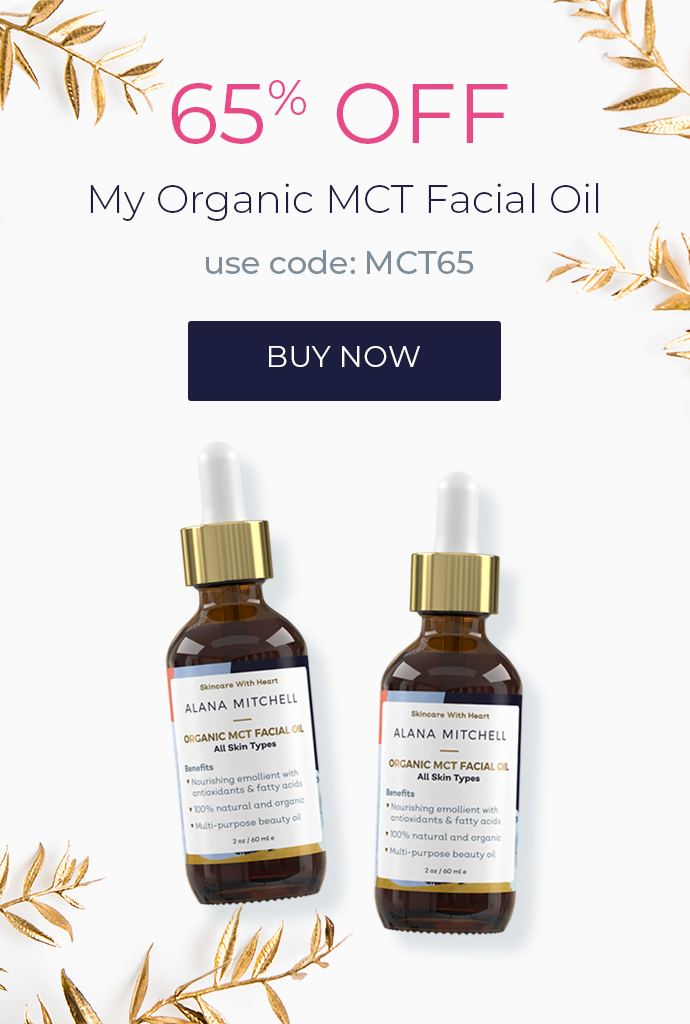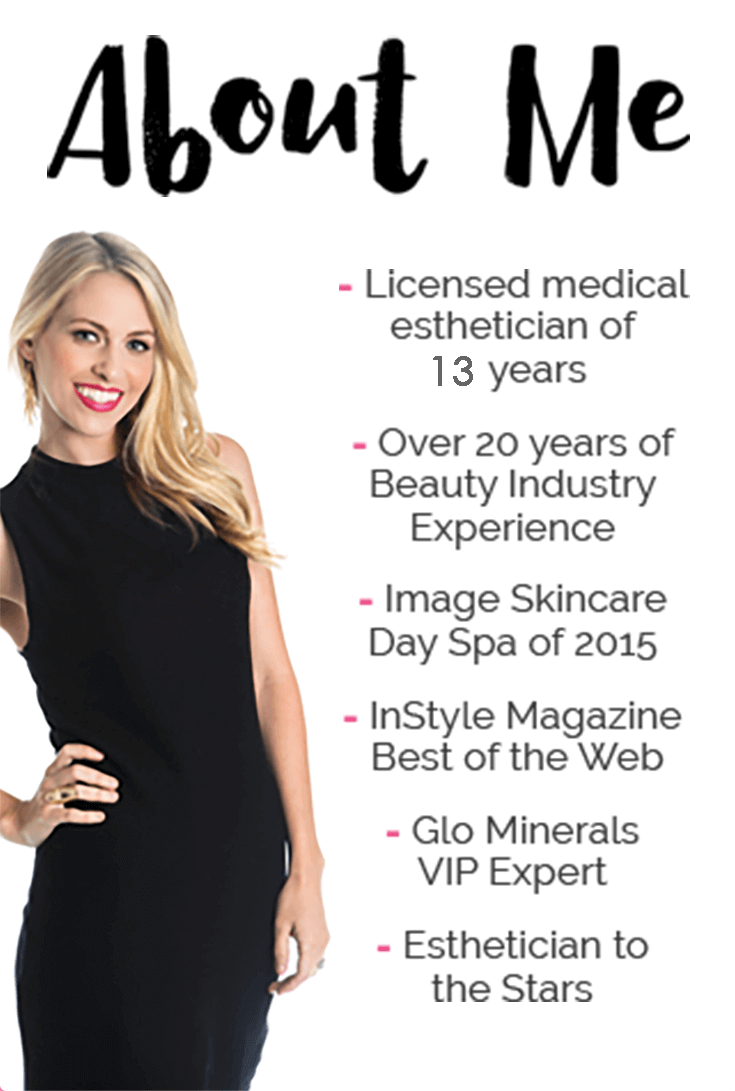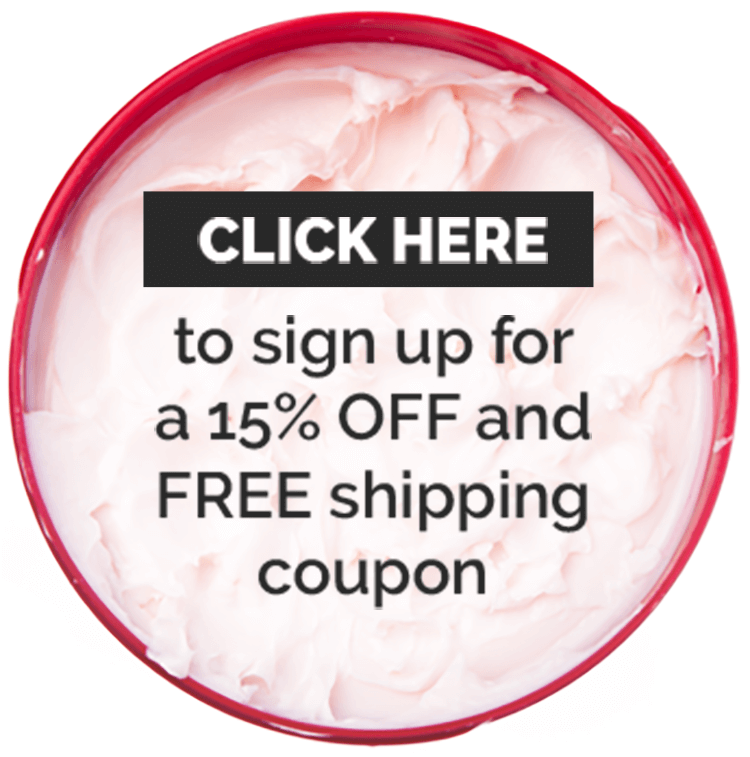What Should You Be Using In Your Skin Care Routine?
Take my quiz and get personalized recommendations from a
licensed esthetician!
Answering the Question: Do My Skincare Products Really Have a Shelf Life?
Have you ever found an old tube of lipstick, a forgotten face mask, some abandoned eye cream, and wondered if you can still use it?
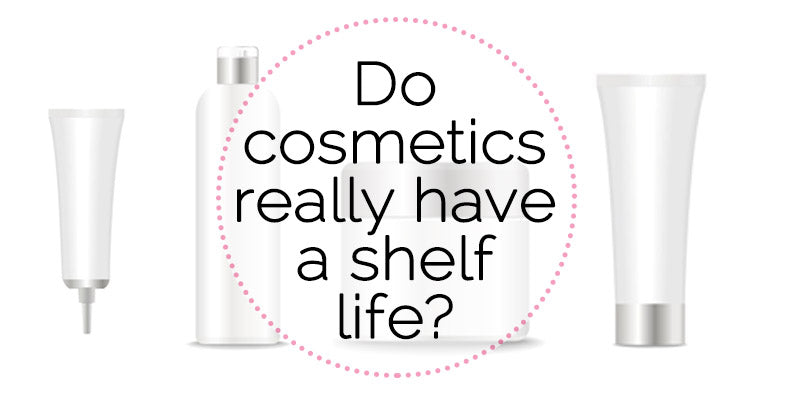
We’ve all purchased products with high hopes and good intentions only to discover them buried months later when they failed to hold a place in our regular skincare rotation.
If you take stock of your beauty care arsenal and are forced to admit that you might be a cosmetic hoarder, it turns out you’re not alone.
A 2015 study by Poshly and Stowaway Cosmetics revealed that the average consumer owns around 40 makeup products, but only uses 5 of them daily!
Which means most of our supplies end up in the bottom of purses or lost in a sea of other items in drawers or cabinets.
We recover these abandoned items and wonder if we can rescue them from the waste bin, if there’s still hope for them yet.
Today, I’m going to dig into the shelf life of cosmetics and help you decide if you should keep or toss those products you’ve been holding onto.
Let’s do some cleaning!
Do skincare products and makeup really have a shelf life?
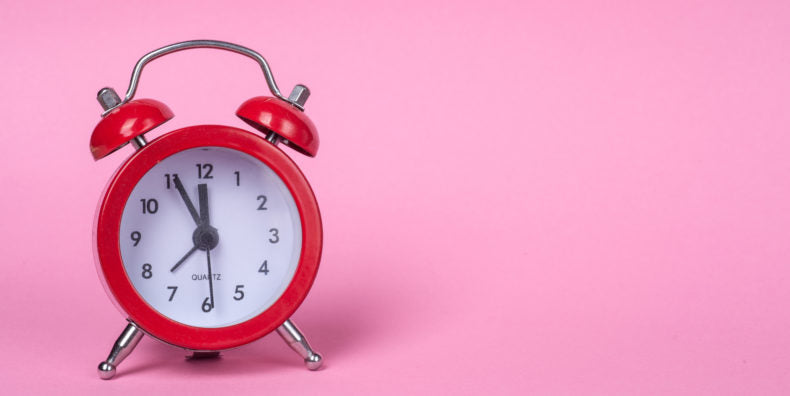
Much like milk, cosmetics (including skincare, makeup and toiletries) do have an expiration date.
While it won’t kill you to use them after this date, your products may lose effectiveness, and that “it’s probably still good” mentality may not do you much good in the long run.
Basically what happens is once you open an item, its lifespan clock starts ticking down as exposure to air and bacteria can cause ingredients to break down.
Not to mention, factors such as humidity, sunlight and heat can really compromise active ingredients.
Note: stop leaving sunblock in your hot car. You need your SPF to work for you!
This is especially true for formulas that include ingredients such as antioxidant vitamins C and E, glycolic acid, hydroquinone and retinol, some of which are unstable and can degrade quickly if not stored properly.
What does this mean for you?
At worst, old or expired products could cause skin irritation or bacterial infection.
What’s more likely, however, is that the product will lose potency over time and won’t be as effective.
Which means if you discover a forgotten skin serum in your medicine cabinet, chances are it’s not going to pack the anti-aging punch it would have when you first bought it.
As long as you’re investing time and money into your skincare and beauty regimen, you might as well get the most bang for your buck by using them before they go bad!
How to Determine the Expiration Date of Your Products
To keep, or not to keep?
When it comes to cosmetics, it can be hard to tell if you should hang on or toss them.

Side note: The study also found that the product most used after expiration is mascara. This is especially bad since mascara collects and harbors a lot of bacteria! I’m a big supporter of not using old mascara. It’s definitely not worth an eye infection!
Why don’t more products have clear expiration dates?
In the U.S., the FDA only requires that expiration dates appear on over-the-counter drug treatments, or what they define as anything “intended for use in the diagnosis, cure, mitigation, treatment, or prevention of disease” and “articles (other than food) intended to affect the structure of any function of the body of man or other animals.”
Meaning sunscreens, products to treat acne, etc.
You’ll be able to determine the life of your product one of two ways:
Expiration Date
The expiration date will tell you when you should discard or no longer use a product.
These dates are typically applied to cosmetics with a shelf life of 30 months or less. 
Look on the sides or bottom of the actual container of the product (not the box).
There may be a stamped expiration date (example: 10/16 meaning the product is good until October 2016).
Also, make sure the date is an expiration date and not labeled as a production or manufacture date (when the product was made).
Period After Opening (POA)
If there isn’t an expiration date, there may be a prescribed period after opening number which tells you how long the product is good after it’s been opened.

Look for a little symbol that looks like an open jar with a number and the letter M.
This will let you know how many months you can use a product after you’ve opened it.
For instance, 18M means it’s good for 18 months, etc.
No Expiration Info?
If you can’t find a date or a POA, but you see a batch code (a series of weird letters/numbers), you can use it to look up information about the product and when it was made at checkcosmetic.net.
What If It’s Unopened?
Check Cosmetic also suggests contacting the product brand’s customer service department if you need to find out more about production or expiration dates.
Pro Tip: When you buy a new product, grab a Sharpie and mark it with the date that you purchase or open it. This will make things much easier when determining to hang onto items or throw them away.
When to Toss ‘Em
Unless a product has changed or obviously spoiled, there’s a general consensus regarding the shelf life of products.
This is based on the fact that time can cause active ingredients to break down, become ineffective or spread bacteria and cause skin irritation (especially when it comes to makeup or anything you use around your eyes or mouth).
Here’s a handy cheat sheet that gives you a basic breakdown of whether your beloved cosmetics should stay or go.

My Tips for Avoiding Expired Products
I’m happy to bring you a few hacks to make sure you get the most out of the life of your makeup and skincare products!
When in doubt, toss it out
If something you’re using smells different, changes color or texture, separates or looks sketchy, throw it out.
It may be tempting to want to salvage it because you’ll feel like you’ve wasted money.
But, the active ingredients probably aren’t going to be effective, so it’s not worth using it anymore anyway.
Plus, it’s not worth risking irritation and infection.
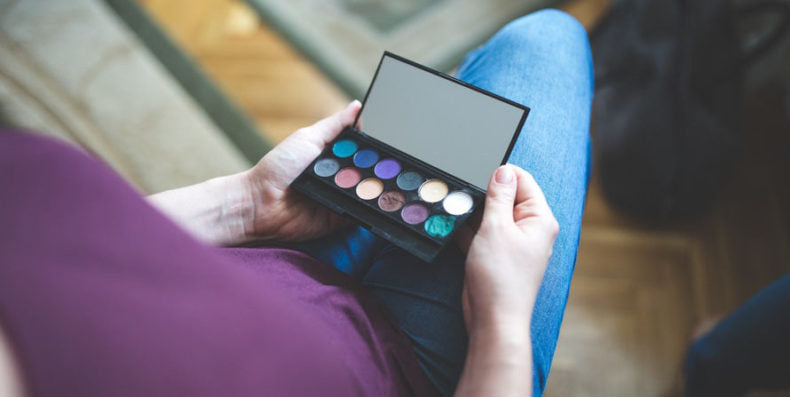
Don’t Stockpile
It can be easy to hang onto products telling yourself, “Someday, I’ll use this,” but that’s a recipe for a pile of forgotten and expired items.
We also have a tendency to abandon products when we don’t see immediate results, even though some are formulated to show improvement over time.
A good rule is to use a product until it’s gone.
Chances are, if you’re applying something regularly (in accordance with the product’s use instructions), you’ll use it up before it has a chance to expire.
Plus, regular use is the best way to see results from most formulas.
And, unless you’re using a product really regularly, avoid buying in bulk.
It might seem like a good deal to get 2 moisturizers at a slight discount, but if one expires before you can use it, you’re not really saving money.
Store products correctly
Make sure to store cosmetics away from sunlight, heat and humidity.
A cool, dry place is good.
Yes, this means avoid keeping items in the bathroom next to your hot, steamy shower!
You can also consider storing some products in the refrigerator (this also makes for a delightfully refreshing treat for your skin during those sweaty, sweltering months).

Keep It Clean
Proper storage will help you prevent the spread of bacteria, but there’s a few other steps you can take to keep things free of contamination.
- Wash your hands before applying any skincare or makeup. This will prevent spreading bacteria to your products and your skin (less blemishes too!).
- Whenever possible, opt for products that come in packaging that includes a pump, and avoid any pots that you have to dip your fingers in. If products are in a pot container, use a small spatula or utensil rather than your fingers and wash after each use.
- Clean makeup brushes and sponges at least once a week. You’re dipping those bad boys in your makeup and putting them on your face, so make sure they’re bacteria-free!
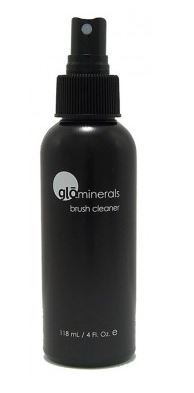
This Glo Minerals Brush Cleaner is one of my favorites. It sanitizes brushes by removing germs and bacteria, and gets rid of residue and makeup build up. And, it’s easy to use! Simply spritz, wipe and dry brushes, and they’re good to go!

Makeup sponges can trap a lot of yucky germs, so get them their cleanest with this Foreo Silicone Cleaning Spray. It kills 99.9% of bacteria and other microbes on silicone surfaces and extends their durability so all your sponges, applicators and blenders can live to see another day.
Final Thoughts
If you’re going to invest time, effort - and, let’s face it, money - into your skincare and beauty routine, you might as well get the most out of it.
Expired products may not only fail to deliver desired results, they put your skin at risk for blemishes, irritations and infections.
Bottom line: stick to expiration dates, and if something looks or smells off, you’re better off tossing it.
Better to be safe than sorry!
Are you an expiration date stickler, or do you hang onto your cosmetics? Be honest with us in the comments section! (We won’t judge.)
Top Brands
New Brands

Recent Posts

Are You Taking the Right Steps to Care for Your Skin?
Take the Quiz
Skincare Secrets!
10-step guide for healthy, beautiful skin after kids.
100% privacy. I will never spam you!


